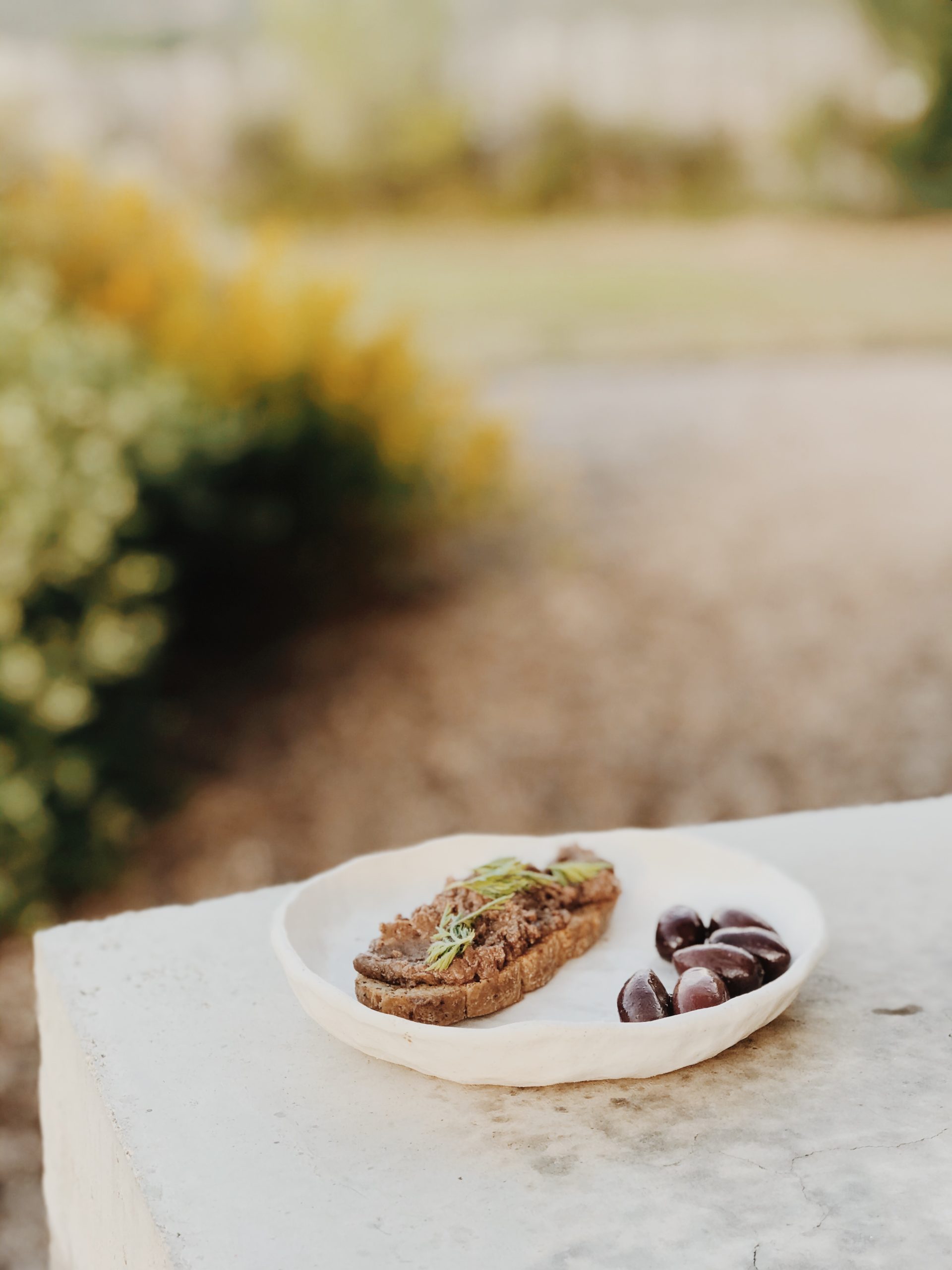Organ meats are the ultimate ancestral superfood.** They contain more vitamins and minerals than almost any other substance on the planet and have been prized in cultures worldwide for generations. And of all the organ meats, liver is both the most nutrient-dense and the most palatable.
I first learned about the astonishing health benefits of eating liver while studying nutrition at the North American Institute of Medical Herbalism. I was intrigued, but not exactly enthusiastic. I immediately recalled the strong smell of the liver and onions my grandparents regularly ate for dinner and the holiday parties where adults ate serving after serving of chopped liver on toast, while I looked on and held my nose in disgust. And although I am the proud descendant of purportedly liver-loving Ashkenazi Jews, it was not until I stumbled upon this (decidedly un-kosher) recipe, that I finally learned to love it as my forebears had.
Throughout my life, I'd struggled to focus and experienced unpredictable but predictably intense bouts of depression and fatigue. These often left me all but incapacitated. Following a period of vegetarianism in my late teens, which included a short stint as a raw vegan, my body was more depleted than ever. While some can thrive eating a plant-based diet, this was simply not the case for me. It was clearly time for a change.
After learning that liver was used medicinally to boost mood, increase vitality, and improve cognitive function, I thought I might as well give it a try. The results were unreal. My mental health and sleep improved significantly. I found I could focus longer and with greater clarity. I had way more energy, and my sugar cravings wholly subsided. I even noticed that I had more physical stamina and increased tolerance to stress. The acne I'd struggled with for years quickly disappeared, and the eczema I experienced from time to time never returned. For me, meat was medicine.
Liver has historically been used to help relieve symptoms of depression and anxiety, clear skin conditions, speed tissue healing, aid muscle growth, and resolve anemia. For these reasons and more, it has been a highly prized ancestral food in cultures worldwide. However, most modern peoples have yet to appreciate it as the nutrient-dense delicacy that is. For most folks, the thought of liver evokes childhood memories of something chalky, bitter, and hard to swallow. But when prepared correctly, liver is divine.
This pate is an easy and palatable way to start including liver in your diet. It has become a beloved staple in my own kitchen that I have relied upon for years as a nutritionally-dense snack in times of increased stress. I often serve it on toast or with thin slices of apple and pear. It is effortlessly elegant and incredibly tasty. Even guests who are initially hesitant to try it always end up asking for the recipe. I try to prepare a batch at least once or twice a month. This simple ritual not only feeds me physically and mentally but strengthens my connection to those who came before.
** To be honest, I cringe every time I hear the word "superfood." All too often, it is used to market quick fixes to complex problems. It is also a term that has been used in recent years to misappropriate culturally significant foods of Indigenous peoples' and exploit them for profit. In short, it smacks of colonialism and points to much of what is wrong with the so-called "wellness industry." However, when removed from the harmful context of capitalism, it is actually a pretty apt way to describe many traditional foods. But more on this another time...

